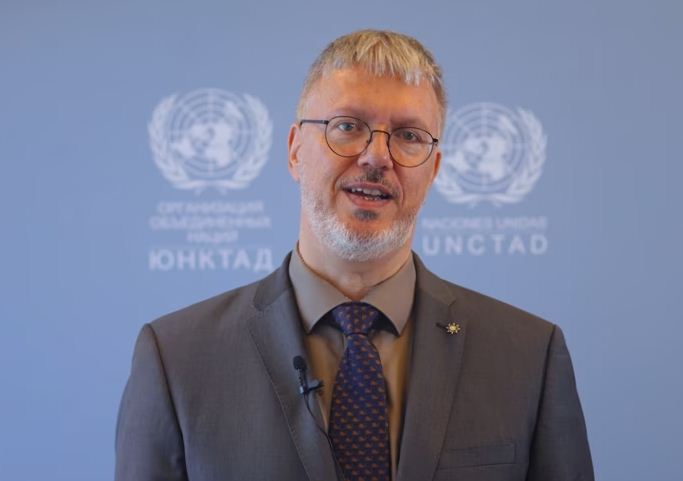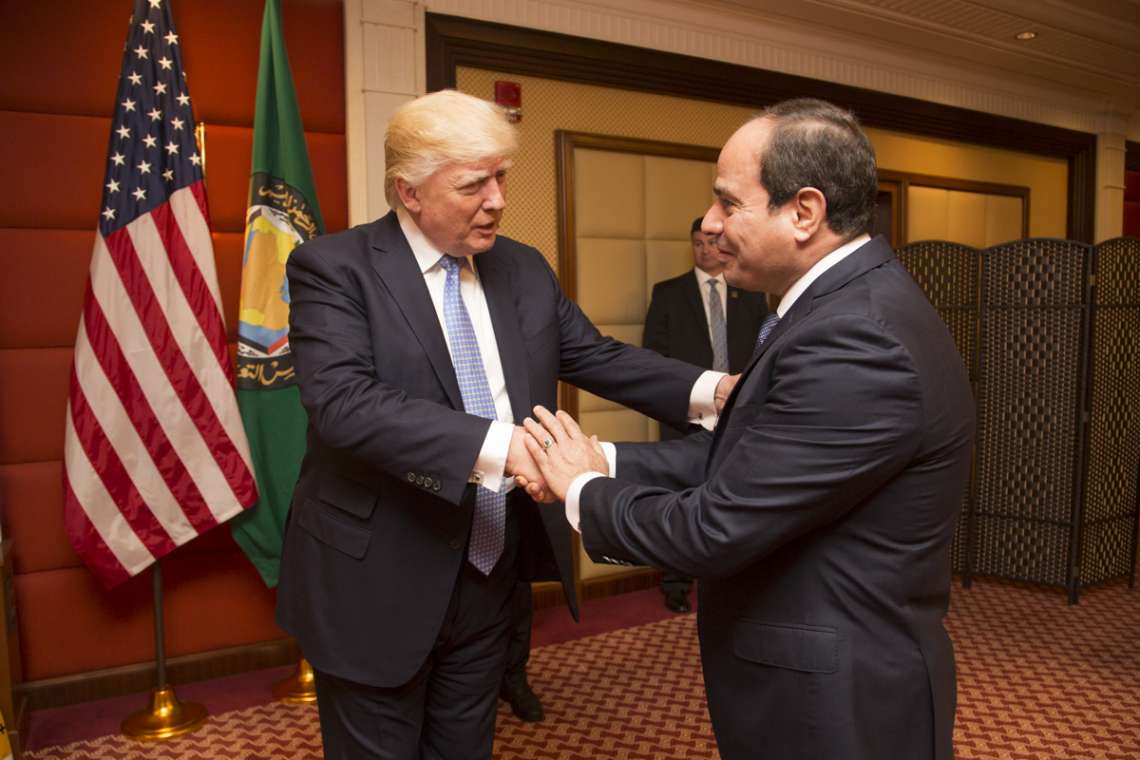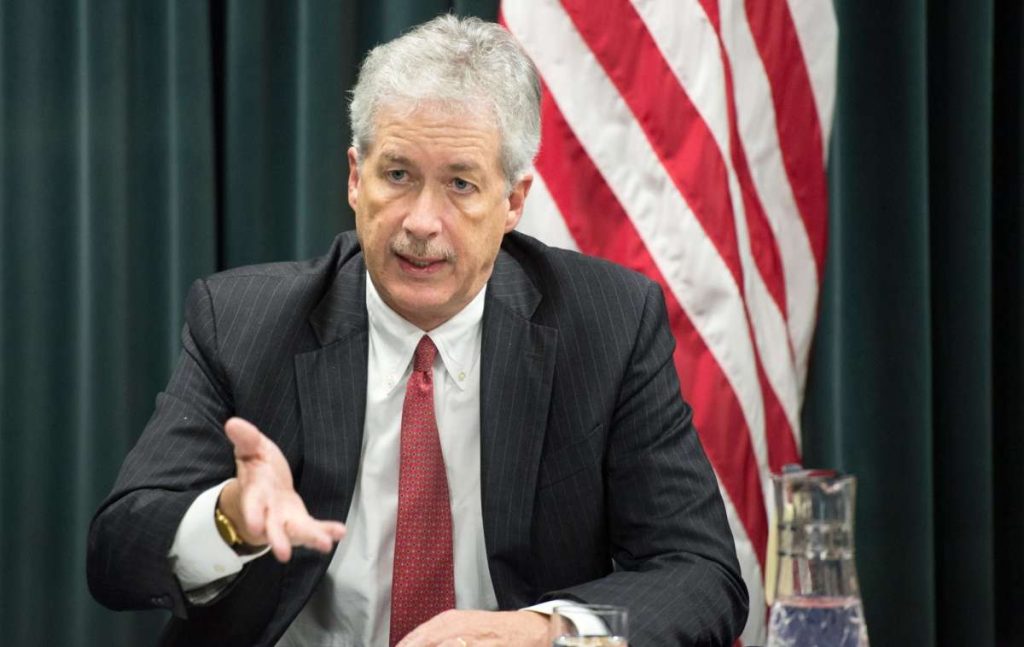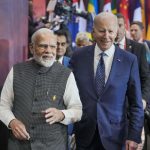Majors in the shipping industry are temporarily stopping Suez transits as they search for other route…writes Arul Louis
Sounding an alarm about the impact of the Red Sea conflict on the international economy, the United Nations trade body UNCTAD has said that the volume of international trade going through the Suez Canal has come down by 42 per cent during the last two months and is affecting energy exports to India.
“We are concerned that the attacks on Red Sea shipping are adding tensions to a context of global trade disruptions due to geopolitics and climate change,” Jan Hoffmann, who heads the Trade Logistics Branch of UNCTAD, told reporters on Thursday.
The longer trade distances and higher freight rates as ships avoid the Red Sea and the Suez Canal “could have cascading effects on food prices”, he said, warning of the spectre of inflation.
He said that according to the UNCTAD estimates, attacks by Houthi rebels on ships in the Red Sea region since November have led to the volume of shipping using the Suez Canal falling by 42 per cent.
Majors in the shipping industry are temporarily stopping Suez transits as they search for other routes, he said.
Some energy exports from Europe to India go through the Suez Canal, he said.
The Suez Canal which connects the Mediterranean Sea to the Red Sea is a vital link connecting Asia and East Africa with Europe and beyond and handled approximately 12 per cent to 15 per cent of global trade last year.
To avoid the Red Sea and the Suez Canal, ships have to go around the Cape of Good Hope at the southern tip of Africa.
UNCTAD – the UN Conference on Trade and Development – is the world body’s agency for trade and development.
Hoffman said that the Red Sea crisis comes on top of the problems in two other areas, the Panama Canal and the Black Sea.
While the Black Sea, a major conduit for foodgrains from Ukraine, has been affected by the war, the Panama Canal has been hit by climate change-related problems.
Droughts have reduced water in the canal to the lowest level in decades reducing the number and sizes of the ships that can transit it.
Hoffman said that the disruptions in key global trade routes have already led to a rise in energy prices.
“Prolonged disruptions in major trade routes would disrupt global supply chains, leading to delayed deliveries of goods, increased costs and potential inflation,” he said.
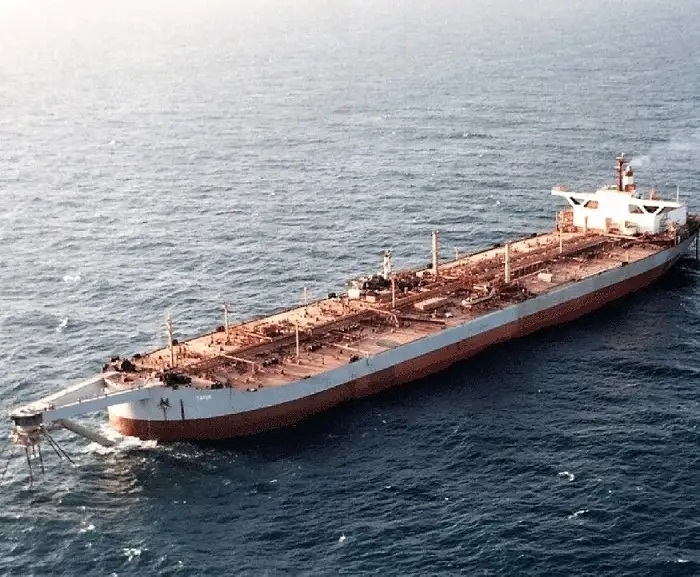
In Suez Canal affected by the Red Sea attacks by Houthi rebels, “the container shipping sector faces a significant challenge”, Hoffmann said.
Early data from 2024 showed that over 300 container vessels – over 20 per cent of global container capacity – were being diverted from or planning alternatives to the Suez Canal, he said.
Ships carrying gas have altogether stopped using the Suez because of the catastrophic impact an attack on them would have.
Container ship transits per week are down 67 per cent compared to a year ago while tanker traffic is down by 18 per cent, and in the category of dry bulk carriers, which transport grains or coal, shipping is down 6 per cent.
ALSO READ: CIA Director, Mossad chief in secret talks

